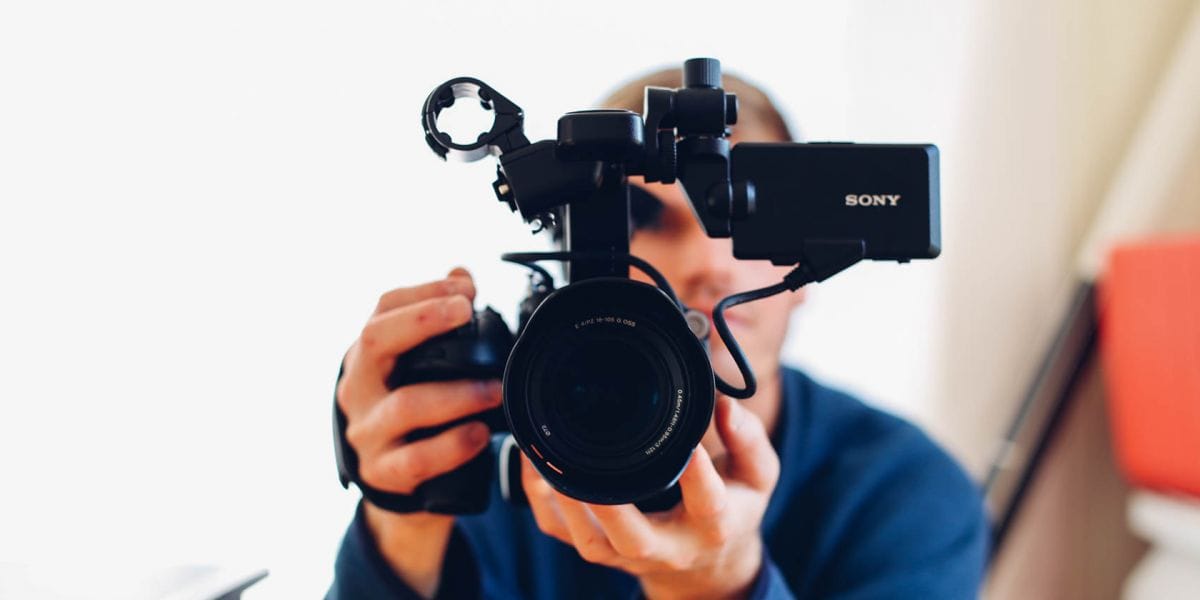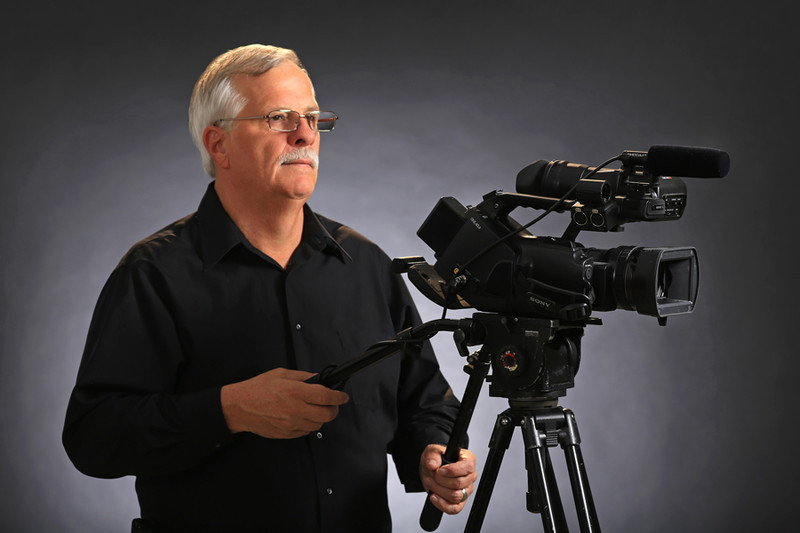Expert-Led Legal Videography for Courtroom Success.
Expert-Led Legal Videography for Courtroom Success.
Blog Article
The Duty of Lawful Videography in Depositions and Trials
Legal videography has actually emerged as a crucial tool in both depositions and tests, supplying a multifaceted technique to documenting witness statements. As legal experts increasingly acknowledge its worth, it prompts a much deeper examination of exactly how these aesthetic records can affect juror perceptions and trial end results.

Importance of Legal Videography
Lawful videography plays a pivotal function in the documents and presentation of depositions and trials. This specific area combines technical abilities with lawful knowledge to create a trustworthy document of proceedings that can substantially affect instance outcomes. The visual element of lawful videography boosts the understanding of witness testimony, enabling jurors and judges to observe not just the talked words but likewise the attitude, feelings, and body language of the witnesses.
In addition, lawful videography provides an unbiased account of events, reducing the capacity for misconception that can happen with composed transcripts alone. This aesthetic documents functions as a vital device during trial discussions, promoting a more clear and more persuasive story for both complainants and accuseds. The ability to replay video clip sections throughout court procedures allows lawful groups to emphasize vital factors, reinforcing their debates efficiently.
The importance of lawful videography prolongs past the court; it also plays a crucial role in maintaining evidence for future referral, whether for charms or further lawsuit. Therefore, its integration right into the legal process is essential for making certain a reasonable and precise depiction of the facts, inevitably adding to the search of justice.

Process of Legal Videography
While catching the subtleties of depositions and tests, the process of legal videography includes a number of critical steps that guarantee top notch, exact recordings. An expert legal videographer prepares by examining the instance products and recognizing the specific requirements of the deposition or test. This preparation includes familiarizing themselves with the participants and the context, which aids in capturing important details.
On the day of the recording, the videographer sets up the needed equipment, which typically includes high-definition video cameras, microphones, and correct lights. Making sure optimum angles and sound top quality is essential, as it directly affects the effectiveness of the recording. The videographer connects with lawyers and individuals to establish methods, ensuring that every person understands the recording process.
During the deposition or trial, the videographer thoroughly videotapes the process, paying very close attention to both verbal and non-verbal hints. This includes catching the attitude and reactions of witnesses and lawyers. After the session ends, the videographer might edit the video for quality and compliance with legal criteria, producing an end product that properly shows the proceedings for future reference and usage in lawful contexts.
Benefits in Depositions
The incorporation of videography in depositions offers various benefits that boost the overall procedure of collecting evidence. One main advantage is the capacity to catch witness statements with aesthetic and auditory fidelity, offering a much more accurate depiction of the witness's demeanor, tone, and body language. This multidimensional strategy enables attorneys and juries to evaluate integrity much more efficiently than typical written transcripts alone.
Furthermore, videographed depositions function as a powerful device for preserving testimony. Ought to a witness ended up being not available for test, their tape-recorded deposition can be played in court, making sure that their proof remains accessible and pertinent. This facet substantially minimizes the danger of losing essential information that can affect case outcomes.

Last but not least, view videography improves the general expertise of the deposition procedure, instilling confidence in clients pertaining to the thoroughness of their lawful depiction (legal videography). By leveraging technology, lawyers can dramatically boost the effectiveness of depositions
Influence On Tests
In numerous tests, the integration of videography can significantly affect the discussion of proof and the court's assumption. Legal videography catches witness testimonies and crucial evidence in a vibrant format, permitting jurors to engage with the product on numerous levels. This aesthetic element boosts the storytelling element of a trial, offering context and psychological vibration that traditional text-based evidence might do not have.
Furthermore, video recordings can function as effective tools for impeachment during interrogation. When inconsistencies develop in between a witness's previous declarations and their court statement, video clip evidence provides an objective recommendation that can guide jurors' opinions. This immediacy and clearness can strengthen the integrity of a party's narrative while all at once threatening opposing disagreements.

Future Trends in Legal Videography
As we look see this site towards the future of lawful videography, numerous emerging patterns promise to reshape its duty within the court. One significant fad is the integration of expert system (AI) in video evaluation and modifying. AI can improve the procedure of recognizing key minutes in recorded depositions, permitting lawyers to rapidly access relevant web content, consequently enhancing effectiveness in instance prep work.
Additionally, the surge of virtual truth (VIRTUAL REALITY) and enhanced reality (AR) technologies is expected to transform how jurors experience proof. legal videography. By submersing jurors in a substitute setting, these innovations can offer a much more extensive understanding of intricate situations, leading to even more enlightened considerations
Furthermore, the raising need for remote depositions, accelerated by the COVID-19 pandemic, will likely continue. Legal videographers will require to adapt to new software and platforms to make sure top notch recordings in online setups.
Finally, the expanding focus on data safety and security will certainly necessitate stricter methods for storing and sharing video clip evidence. As the lawful landscape progresses, legal videographers must stay abreast of these trends to keep their significance and efficiency in the judicial process.
Verdict
In summary, lawful videography serves an essential feature in the judicial procedure, improving Full Report the honesty of depositions and trials. By recording the nuances of witness testimonies, this medium not just maintains vital evidence however also help in presenting info properly to jurors. The importance of visual documents in assessing reputation and facilitating cross-examination can not be overemphasized. As modern technology remains to evolve, legal videography is positioned to further change its duty within the lawful landscape.
Report this page